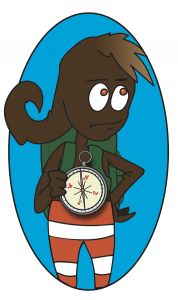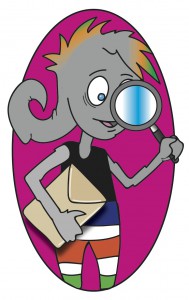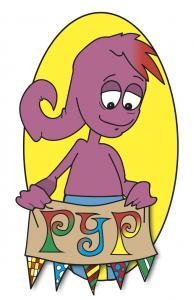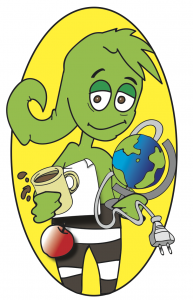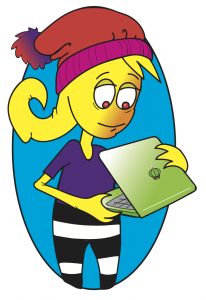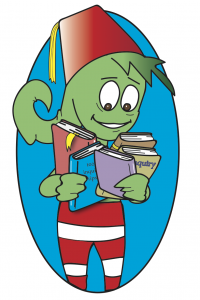Units of Inquiry-Resources
Resources that support transdisciplinary Units of inquiry. These resources are designed to help support thinking and learning across transdisciplinary units of inquiry.
Developing a unit of inquiry involves using both topic specific and learning process resources. At BeConWiz we are dedicated to creating resources that support the learning process while developing skills, subject specific knowledge, conceptual understandings while supporting the choice and voice of students.
We offer a range of differentiated resources that can be used for specific units of inquiry or used time and time again across multiple units of inquiry. The visual cues on the resources enable learners to develop a language of learning.
Inquiry Processes
- Exploring Perspectives
- Field trips
- Gathering Prior knowledge
- Goal Setting
- Graphic organisers
- Inference to Evidence
- Inquiry Cycles and Processes
- Reflecting and Connecting
- Visible thinking routines
Resources that are designed to support active inquiry. Differentiated approaches and open ended directions.
Inquiry Themes
- The Arts
- Transdisciplinary Links
- Math
- Literacy
- Geography
- Science
- Humanities
- Varied topics including weather, plants, transport, space, patterns and others
Resources that are designed to provoke thinking and develop connections between learning and the real world.
Positioning
- Supporting resilience
- Developing mindsets
- Agency in Problem solving
- Exploring positioning practices
- Teaching strategies
- Flip books
- Cards
- Book marks
Teaching Strategies
- Literacy through Inquiry
- Powerful Provocations
- Inquiry based on prior knowledge
- Reflections
